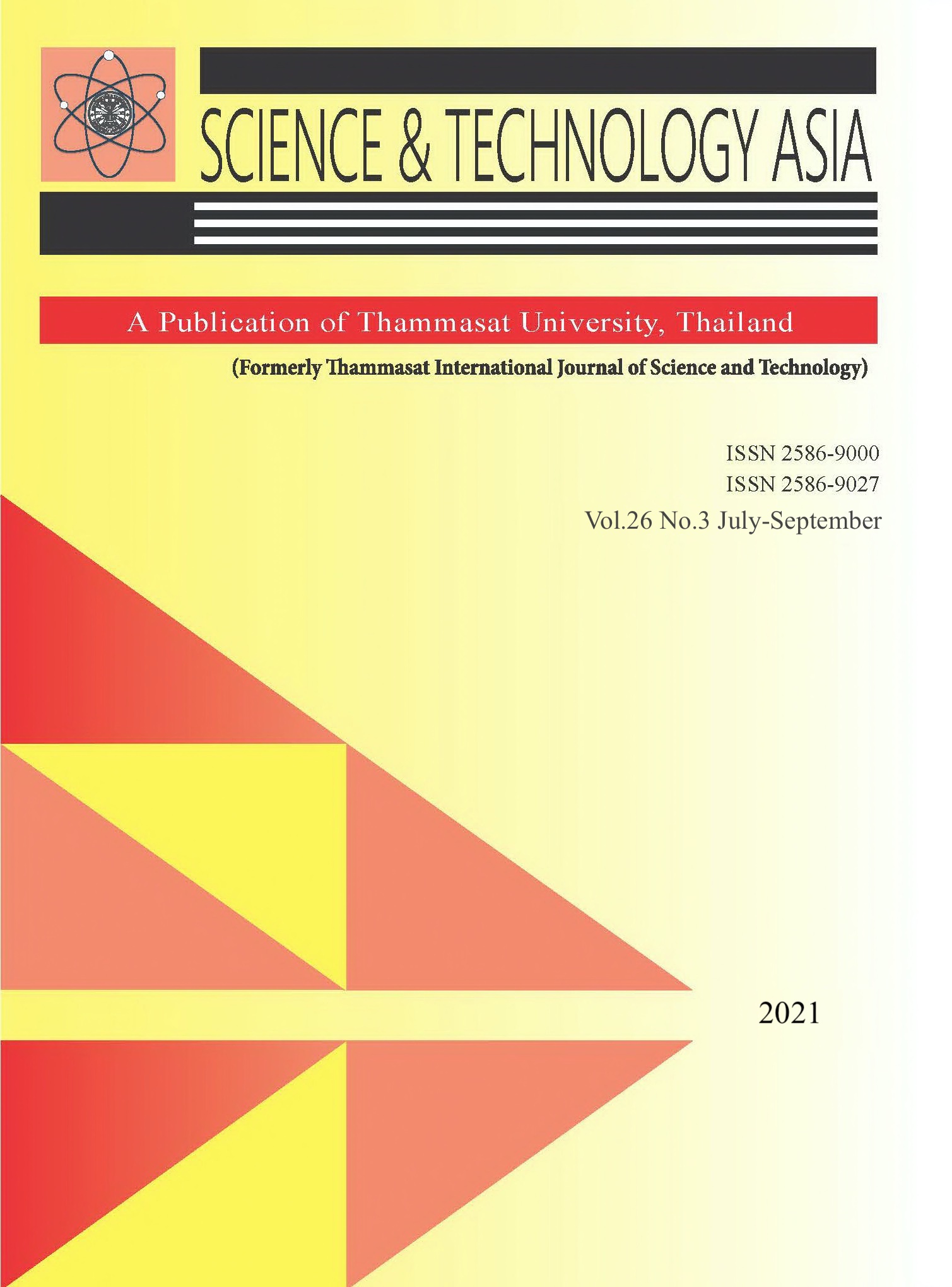Andrographolide Increases Cell Viability and Proliferation of Human Umbilical Cord-Derived Mesenchymal Stem Cells
Main Article Content
Abstract
The decline in the number of bone marrow-derived human mesenchymal stem cells (BM-hMSCs) is one important factor that contributes to many degenerative diseases. BMhMSCs have been extensively studied for research and clinical applications, but the invasiveness of the relevant procedure, and the fact that their number declines with age are of concern. Recently, human umbilical cord-derived MSCs (UC-hMSCs) have received more interest because they can be obtained easily by a non-invasive procedure. However, in vitro expansion is required for clinical use. This study aimed to search for new safe agents able to increase cell growth of UC-hMSCs. Therefore, we examined the proliferative effect of Andrographolide on UC-hMSCs. The characteristics of UC-hMSCs were verified before use. In this study, UC-hMSCs were cultured in a growth medium and treated with Andrographolide (0.01-50 μM) for 24-120 hours. At the indicated time point, cells were collected for evaluating cell viability and cell proliferation by MTT and BrdU assays, respectively. UC-hMSCs have shown characteristics of MSCs matching the criteria that can be used for further studies. After the UC-hMSCs were exposed to Andrographolide, at concentrations of 0.01-5 μM for 24-120 hours, it was found that Andrographolide at 0.01-10 μM had no toxicity to UC-hMSCs. Moreover, Andrographolide at 0.01-10 μM increased the proliferation of UC-hMSCs after treatment for 24-120 hours. In conclusion, this is the first report demonstrating that Andrographolide increases the expansion of UC-hMSCs in culture. These results suggest that Andrographolide may be a good candidate for further development as an alternative agent for increasing the number of MSC in therapeutic applications treating degenerative diseases.


